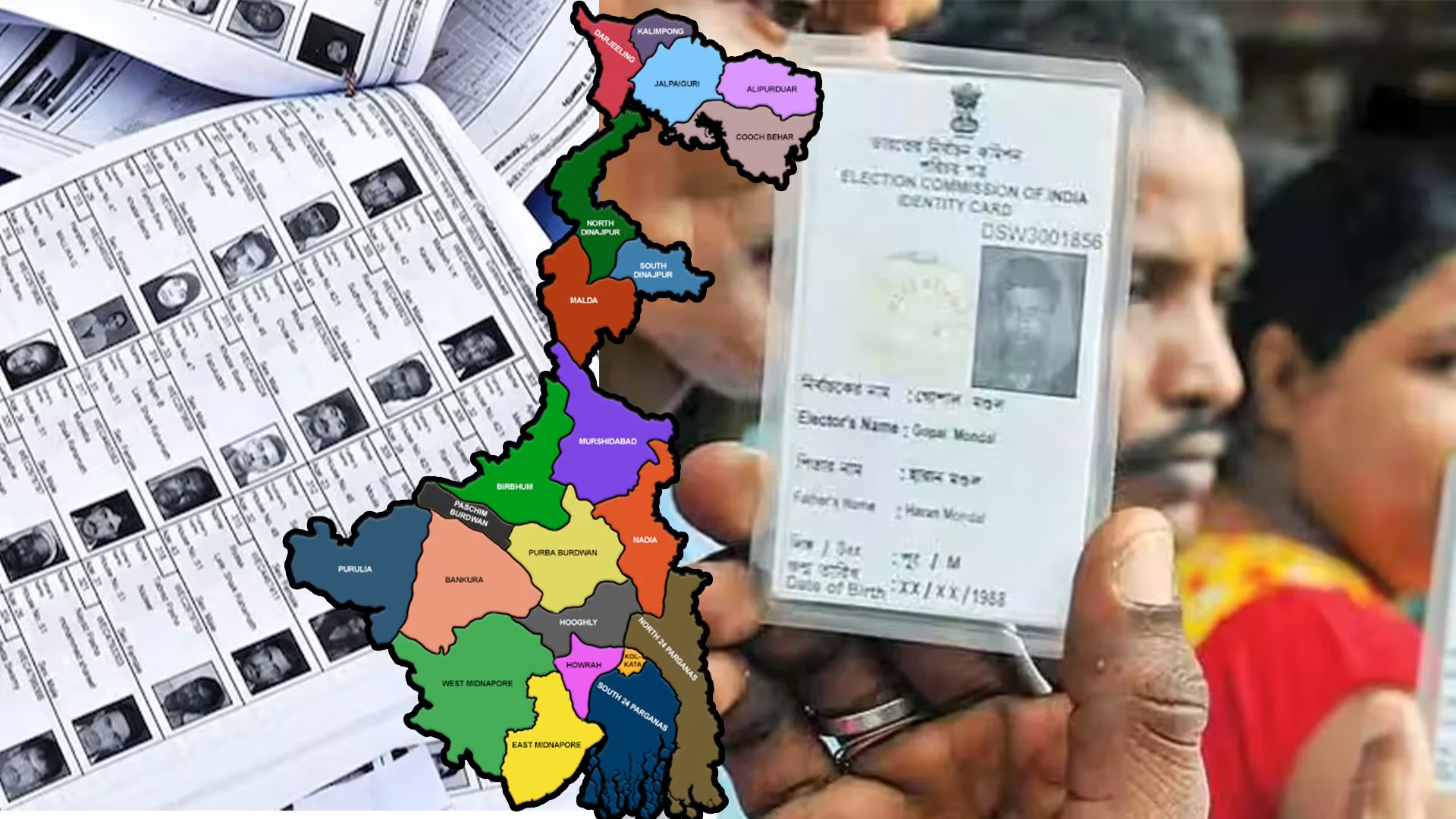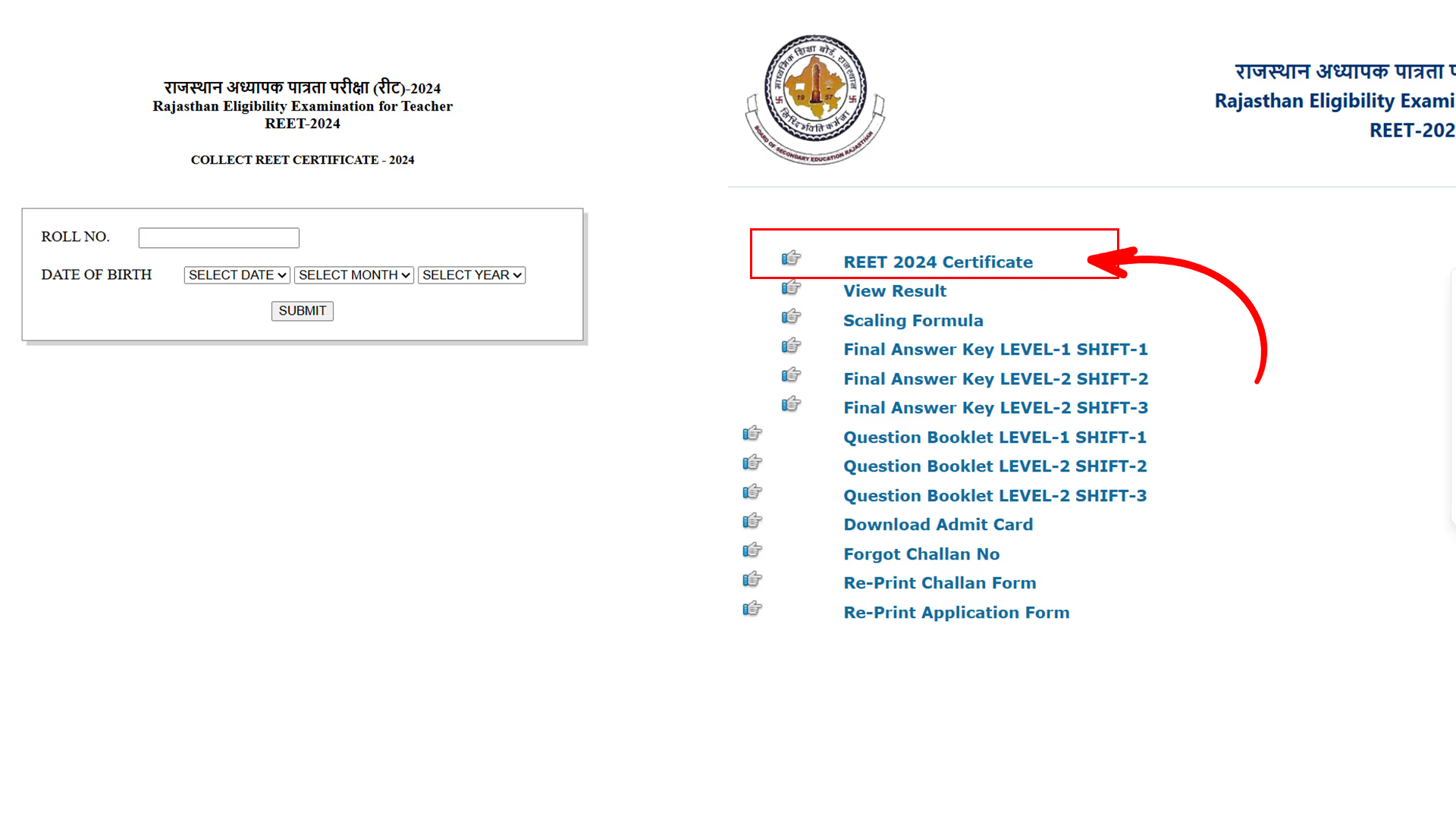With the rapid growth of digital payments in India, UPI (Unified Payments Interface) has become the most preferred mode of transaction. But many are unaware of the income tax rules associated with UPI transactions and the bank limits imposed on them.
In this guide, we’ll explore:
- UPI transaction limits in banks
- Income tax implications of UPI transactions
- When you need to report UPI payments in your ITR
- Important compliance tips to avoid penalties
UPI Transaction Limits in Bank Accounts (2025)
As per NPCI guidelines and bank regulations:
| Type of Transaction | UPI Limit |
|---|---|
| Regular UPI transactions | ₹1,00,000/day (standard) |
| Capital markets, insurance, inward remittances | Up to ₹2,00,000/day |
| Education fees, hospitals, tax payments, IPOs | Up to ₹5,00,000/transaction |
| No. of transactions allowed per day | Max 20/day (bank may vary) |
Note: Different banks may set their own limits lower than the NPCI max limit. Always confirm with your bank.
Income Tax Guidelines for UPI Transactions
Although UPI is a mode of transfer, the source and purpose of funds matter for taxation. Here’s what the Income Tax Department says:
1. Receiving Money via UPI – Is It Taxable?
- If you receive more than ₹50,000 in a year from a non-relative, it is treated as “income from other sources” and is taxable.
- If the amount is received from a relative (as defined under the Income Tax Act), it’s exempt from tax, even if it exceeds ₹50,000.
- For business owners/freelancers, any UPI payments received as income must be declared under business income.
2. Gifts via UPI
- Gifts received via UPI exceeding ₹50,000/year from non-relatives are fully taxable.
- Gifts from relatives, marriage gifts, inheritance, etc. are exempt.
3. Cashbacks and Vouchers
- Cashback or digital vouchers received via UPI are taxable if the total value from all sources exceeds ₹50,000/year.
- Employer gift vouchers are tax-free up to ₹5,000 only.
When to Report UPI Transactions in ITR?
If you:
- Receive UPI income/gifts exceeding ₹50,000,
- Get cashbacks/vouchers from various apps,
- Receive business-related UPI payments,
You must declare them in your Income Tax Return (ITR) under the appropriate income head.
Maintain proof of UPI receipts and reasons for transfers (bank statements, gift deeds, invoices, etc.).
Tax Implications for UPI & E-Wallet Transfers
- Money sent or received from friends via UPI/e-wallets is not taxable if under ₹50,000.
- For loan repayments or debt settlements, maintain proof or written acknowledgement to show it’s not a gift.
🔹 Interchange Fees on UPI Transactions
- NPCI has introduced a 1.1% interchange fee on UPI transactions above ₹2,000 via Prepaid Payment Instruments (PPIs) (like wallets).
- No fee applies to regular UPI bank-to-bank transfers or personal payments.
🔹 UPI & GST Rules
- No specific UPI limit under GST.
- GST registration required if:
- Turnover exceeds ₹40 Lakhs for goods.
- Turnover exceeds ₹20 Lakhs for services.
Expert Tips to Stay Compliant
- Don’t ignore UPI credits – All your bank account activity is now visible to the Income Tax Department through AIS (Annual Information Statement).
- Keep records of each transaction: source, date, amount, purpose.
- Use gift deeds for large UPI gifts from relatives to avoid scrutiny.
- Declare everything honestly – mismatch in UPI income and ITR can lead to notices.
- Separate personal and business accounts for clear tracking.
Conclusion
UPI has made transactions easier, but it’s important to stay aware of tax implications and daily bank limits. Any UPI receipt above ₹50,000/year from non-relatives or cashback sources is taxable, and must be reported in your ITR. Always stay within limits set by your bank and maintain proper records to stay tax-compliant.
















